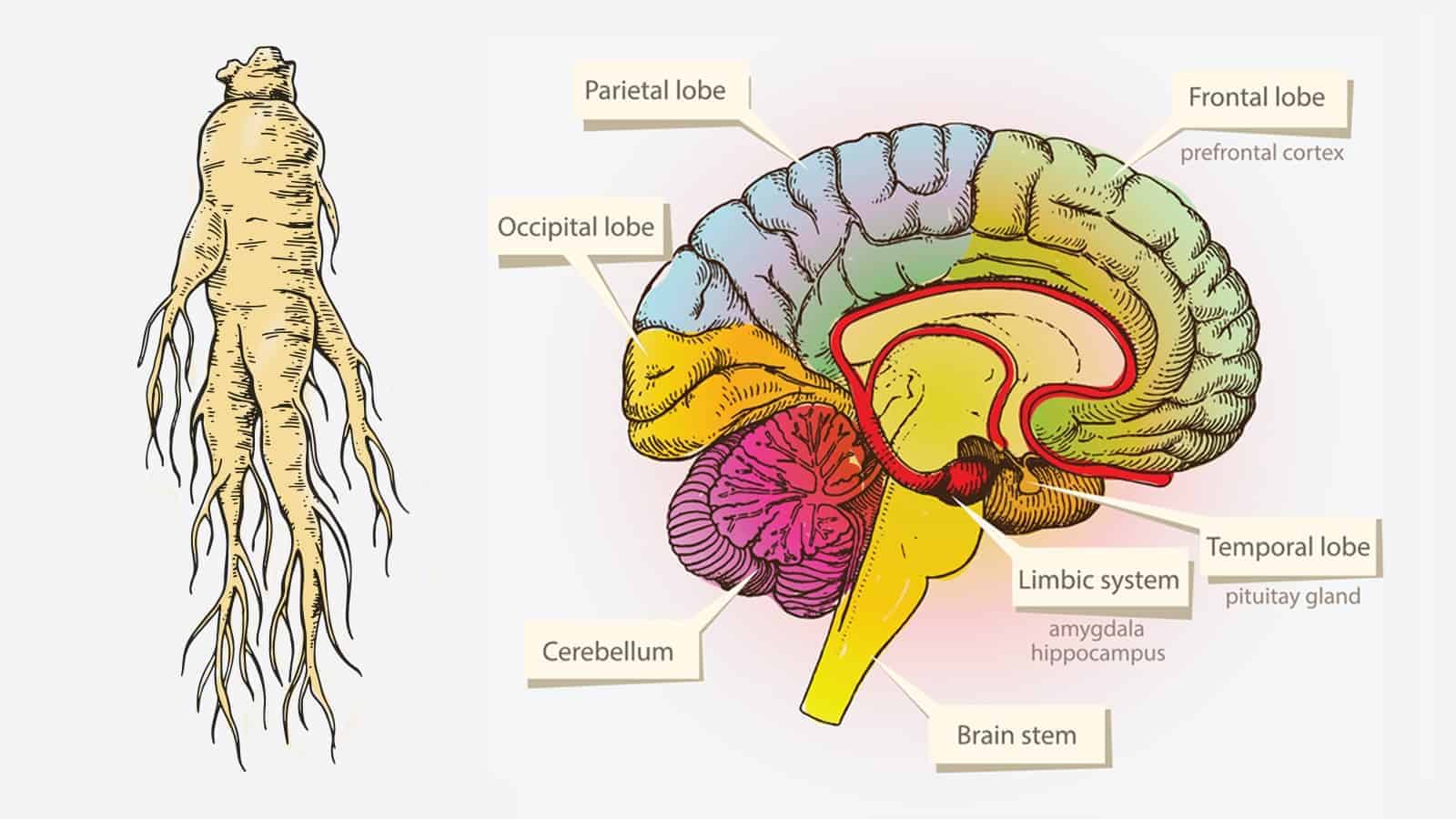Any activity that stimulates your brain may improve your intelligence. Yes, you read that right. Even some television shows (think The History Channel or National Geographic) can make you a smarter egg. Of course, you want to find the right hobbies that can make you smarter.
Not all hobbies are created equally, however. Lounging about glued to the tube will do next-to-nothing for your smarts. The same goes for “hobbies” like social media (blah!) or reading up on celebrity gossip in the latest issue of “Trash Magazine.”
We’ll focus our attention on five hobbies that make you smarter according to scientific research. You may be wondering, “How in the heck can a hobby make me smarter?” To dispel some of this disbelief, allow us to explain the concept of neuroplasticity.
Your Brain Is Plastic
“Your brain – every brain – is a work in progress. It is ‘plastic.’ From the day we’re born to the day we die, it continuously revises and remodels, improving or slowly declining, as a function of how we use it.” – Michael Merzenich, Ph.D. (source)
If you take just one thing away from the article, let it be this: your intelligence is not fixed. Around two decades ago, most individuals – even some mainstream scientists – thought that the brain was hard-wired and immutable. However, research continues to prove and demonstrate that the brain does in fact change with experience – a process known as neuroplasticity.
Neuroplasticity is defined as “the ability of the brain to form and reorganize synaptic connections, especially in response to learning or experience or following injury.” Neuroplasticity happens when new thoughts and skills carve out new neural pathways – groups of neurons that connect distant areas of the brain and nervous system. Repetition and practice of these new thoughts and skills strengthen these neural pathways and help to form new habits.
The bottom line: with directed attention, repetition, and effort, we can create new neurons in the brain, effectively rewiring it. David Smith, M.D., co-author of the book Unchain Your Brain breaks this process down into four specific steps:
-
Set goals:
You don’t need to plan your life 30 years in advance, but having one or two concrete goals will help to sustain your motivation and drive.
-
Recognize your triggers:
What things tend to send you down the rabbit’s hole of timewasting? Social media? Text messages? Aimless web surfing? Whatever your triggers happen to be, find ways to work around them.
-
Make conscious decisions:
Most people are on autopilot. That is, they are at the mercy of unhealthy impulses and habits. Autopilot mode sabotages more people’s success – more people’s lives – than any other human tendency. Get into the habit of making conscious decisions. You can start by setting your intentions for the day, every morning.
-
Seek pleasure and reward from healthy pursuits:
Whenever you achieve something notable, it is a good idea to reward yourself. (The brain has this thing with rewards, cues, and so forth.) You deserve the reward, so give it to yourself! Just don’t go overboard with it. Stay disciplined.
A hobby can serve as number one, three, or four in the list above. That said, let’s delve into some healthy, smart hobbies that’ll make you sharp!
Hobbies That Will Make You Smarter
-
Practice meditation
It’s well known that long-term meditation often leads to significant cognitive gains. What’s less clear is the cognitive impact, if any, of short-term meditation. That is until a team from Wake Forest University and the University of North Carolina decided to put short-term mindfulness meditation to the test.
In an astounding study published in the journal Consciousness and Cognition, researchers discovered that individuals who meditated for 20 minutes over a period of four days – 80 minutes total – showed drastic improvements in verbal fluency, visual coding, working memory, visuospatial processing, and executive functioning. The participants also reported reduced fatigue and anxiety and increased awareness. Regarding fatigue and anxiety, the research team found that meditation over a short period may prove more beneficial than long-term meditation.
-
Pick up a book
If you’re a bookworm, you’re probably smarter than average. Exposing yourself to new vocabulary enhances verbal aptitude, and correlates with higher scores on tests of general intelligence. In an interesting study published in the journal Child Development, researchers found a “developmental process that … causes intelligence differences: learning to read.” Moreover, reading ability is shown to be associated with improved health, education, socioeconomic status, and creativity.
It worth mentioning that the authors point to activities like learning mathematics, doing physical activity, and practicing self-control as potential ways to boost intelligence in kids.
-
Learn a second (or third!) language
Now that we’ve established the link between reading ability and smarts, let’s talk about verbal skills! Per one particularly viral 2012 New York Times article titled “Why Bilinguals Are Smarter,” the writer notes, “… a number of (studies) suggests that the bilingual experience improves the brains … executive function … (which includes) planning, solving problems and performing various other mentally demanding tasks.”
Particular areas of cognition where bilinguals appear to have an advantage include both focus and divided attention.
Bilingualism may carry other advantages besides making you smarter. For one, learning another language may have neuroprotective properties against dementia-related conditions such as Alzheimer’s disease.
-
Play (the right) video games
Video games sometimes get a bad rap. Some of the criticism is justified, and some is way overblown. (Provided we’re not among those Americans watching an average 35 hours of television per week, who are we to say anything about entertainment choices?)
Anyways, it turns out that video games can indeed improve cognitive ability. A study by the University of Toronto finds that people who regularly play action titles, like “Assassin’s Creed” or “Call of Duty,” are more adept at learning new sensori-motor skills than those who don’t. Skills that rely on this neural network including typing, riding a bike, or driving a car.
Researchers at York University found that people who play certain strategy games – including within “Multi Online Battle Arenas” (MBOAs) and “First-person Shooter” genres – at a high level correlates with high IQ in certain demographics.
-
Solve a puzzle
Brain teasers like sudoku, crosswords, and others can test your selective and focused attention, mental flexibility, creativity, and general intelligence. Puzzles that stretch your cognitive limits are considered to be the most beneficial. (Read: No “word searches.” Dang it!)
Some say that for a puzzle to actually make you “smarter,” it must challenge the limits of your cognitive ability. Neuroscience demonstrates that it is when the brain is operating in this mode that real neuronal growth occurs, including in the cognitive areas of processing speed, reasoning, and working memory.
Final Thoughts: Simple Brain-boosters Other Than Hobbies
An enjoyable hobby is a wonderful way to pick up a few I.Q. points, but it’s far from the only way. Here are a few tips:
– Stay hydrated. A boring suggestion? Maybe. But water is critical for proper brain function. If you aren’t drinking enough H2O (at least 64 ounces per day), you could feel a bit sharper by increasing your intake.
– Take gingko biloba. Gingko is one of the most thoroughly-researched brain supplements. Multiple studies suggest that it improves attention, memory, and other cognitive functions.
– Brew some java. Coffee lovers, rejoice! The caffeine in coffee not only improves alertness, but processing speed, attention, and problem-solving skills. If you can’t stick to two cups, you needn’t worry! Some research shows that a few cups is just beautiful! Caveat: make sure to bring your water bottle, as coffee has a diuretic effect.
– Get your omega-3s. Docosahexaenoic acid (DHA) is a fatty acid found in fish. DHA supplements may work as a brain booster by speeding up cell communication in various parts of the brain. This finding isn’t too surprising, as the lining of our brain cells is highly concentrated with fatty acids.
– Eat dark leafy greens. Foods like spinach, Brussels sprouts, asparagus, and others come packed with brain-boosting vitamins and minerals. Magnesium, calcium, and zinc – as three of the most important ones – are all found in high doses in these foods.














 Community
Community

